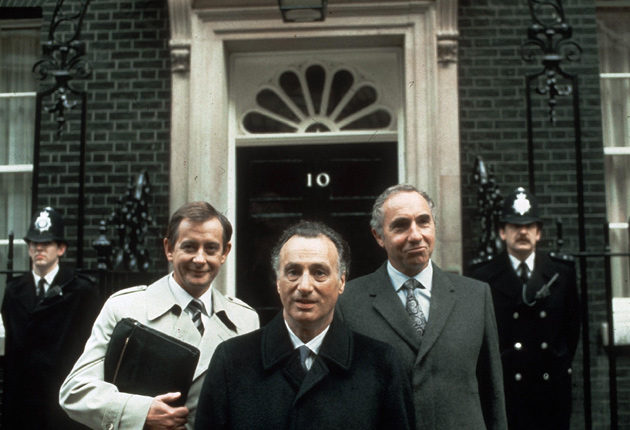Before condemning Russia for using veto in UNSC, ruling Crimean referendum illegal or blaming Mr Putin for the Ukraine crisis, let us remember our glass houses, or our record of interventionism and above all EU role in creating this crisis in the first place.
ِTwo million voters in Crimea decided by over 97 percent yes in a referendum, to rejoin Russia (going back to 1954 status quo before the peninsula was given to Ukraine by Moscow without the Crimeans being consulted ) one day after Russia vetoed an American sponsored UN Security Council resolution aiming to block the referendum. Given the ethnic balance of the peninsula population the result was no surprise. Even a ‘no’ vote wouldn’t have kept the 1954-2014 status-quo since the other choice would have been more power to Crimea and less rule from Kiev.
While our Foreign Secretary carry on condemning the result, with a growing American size mouth, and threatening nonsensical un-implementable sanctions , and our Fleet Street subs coming up with cold-war-era headlines, let us just remember some historic facts about glass houses, goose and gander and the the like metaphors. We, and our American allies hailed elections in Afghanistan and Iraq ( countries with no traditions of fair elections or fair-play , and who don’t play cricket) as great democratic steps forward, even though they were held under military occupation ( or our & American troops kicking down doors while families having dinner was not “occupation” the same way Arabs and Muslims wouldn’t consider colnialising Spain, Egypt, and formally Christian lands AS occupation, but god’s liberation from infidels?); elections held while and terrible strife going on with car bombs round the corner from almost every polling station.
